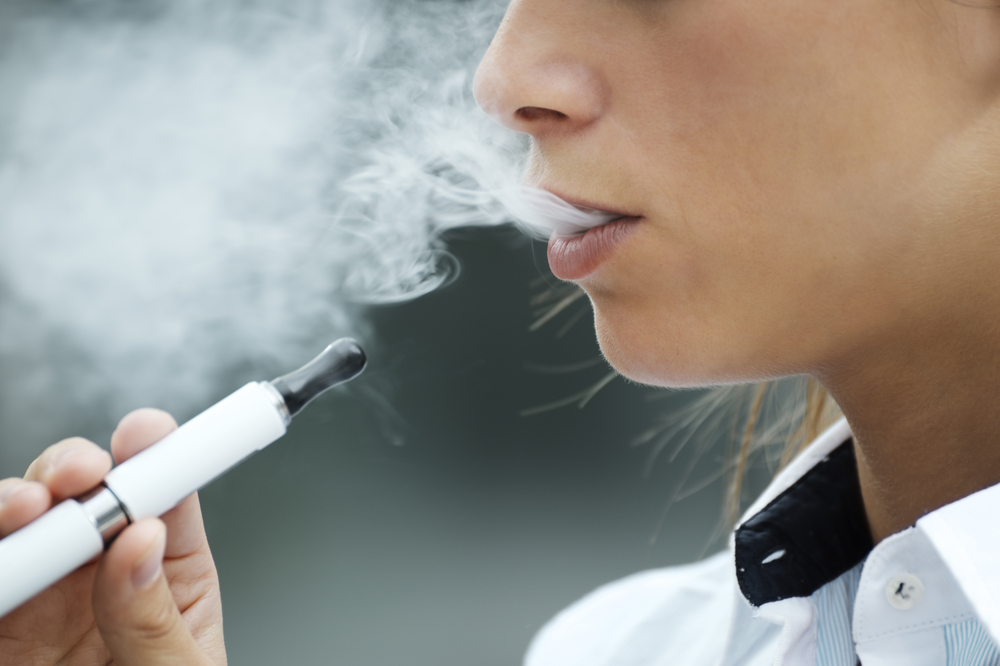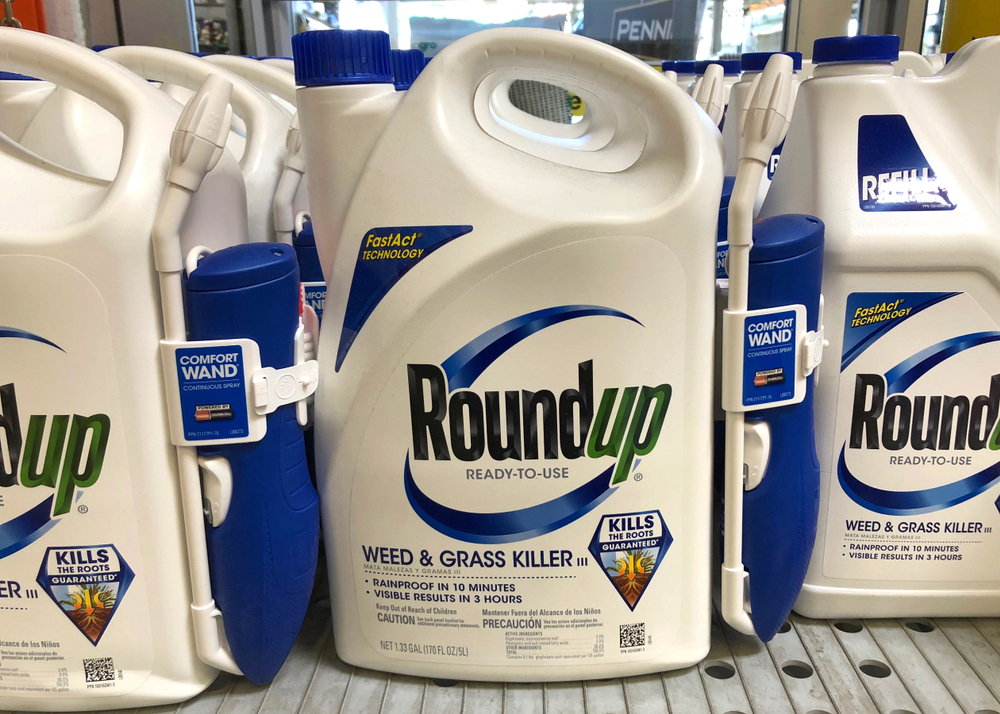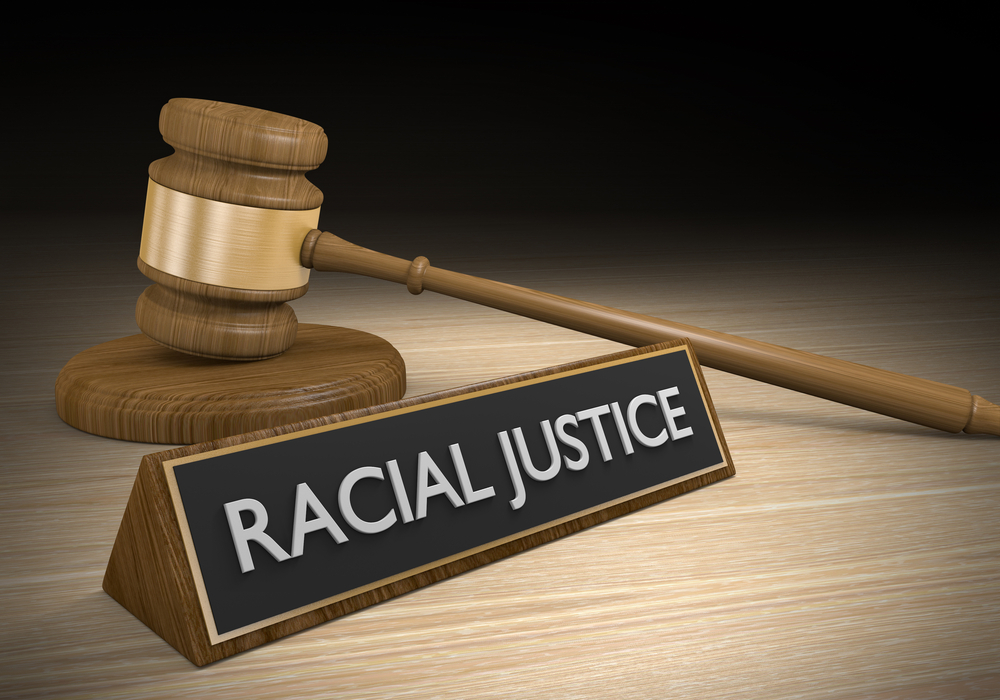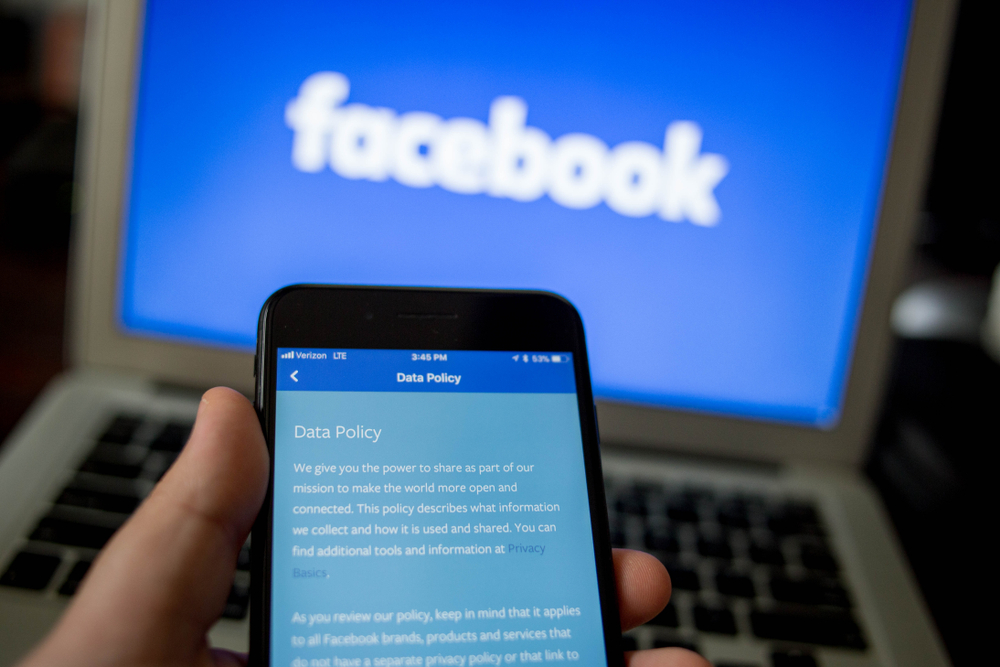The Florida Attorney General is going after vape juice manufacturers it claims are targeting children. The office is suing Lizard Juice and Creative Vape Labs, which does business by the name Monster Vape Labs.
“The lawsuit … stems from our investigation into numerous companies marketing to Floridians and using marketing tactics that appear to target minors,” said Whitney Ray, Director of Communications for theAttorney General’s office. “The investigation of other companies is ongoing and further action may be taken if appropriate.”
Lizard Juice, which sells its products in 121 gas stations, convenience stores and nine of its own shops across the state, as well as online, sells flavors that include names like Silly Rabbit, Carnival, Banana Cream Pie, Blue Raspberry and Apple Pie.
Monster Vape Labs sells products with names like Lemon Jam, PB & Jam and Custard Monster.
“In October 2019, Attorney General Ashley Moody launched an investigation into 21 companies selling vaping products in Florida and using marketing tactics that appear to target minors,” the state announced in a news release.
In announcing the suit, Moody said, “I am appalled at the marketing of these addictive products to minors by the defendants in this case. These companies’ marketing practices include labeling and advertising similar to children’s breakfast cereal products, among others, and video game giveaways, to entice our children to buy their addictive products. As Florida’s Attorney General, and a mother, I will not allow these companies, or any other vaping business, to violate the law and target our children with products that are addictive and particularly harmful to their still developing minds and bodies.”
RELATED: States, drug companies in court battle over price fixing
RELATED: What you need to know about product liability
According to Moody, teenage use of nicotine e-cigarettes is rampant. One in four Florida high school students claim to use these products. She said Lizard Juice, as an example, is marketing to children on purpose, with flavors like Pocono Gummy Bears. It claims the Largo-based company is using deceptive advertising about the safety of its e-cigarettes and its success in getting smokers to quit traditional cigarettes. The lawsuit, if successful, would prohibit companies from engaging in what it considers unlawful practices targeting children.
Lizard Juice owner Gary Wilder said he has tried to work with the state to conform to what it seeks and to assure the state he is not targeting youth. But he questions the timing of the suit, since there is already a federal ban on vape flavors in the works and Gov. Ron DeSantis is considering a bill that would ban popular varieties like dessert flavors and candy flavors.
“There are no complaints on record for my company,” Wilder said. “What they are asking is incredibly broad. We asked them to narrow what they are looking to accomplish. They went silent for six months, then filed this suit.”
Taking on a legal battle at a time when his company is already struggling from the effects of the COVID-19 shutdown “is devastatingly expensive,” Wilder said. “We employ 50 people and we are not particularly strong right now.”
He said his company was conceived to be an alternative for adult cigarette smokers who are trying to give up the habit.
Why use names like Silly Rabbit, then? Wilder said it is a way to describe to users the flavor they will get but is not meant to target children.
“The name isn’t geared toward selling to kids because the kids are looking for the big cloud stuff,” he said. “If that is what they (the attorney general) are looking for, for us to change the names, we can do that. If they said I can’t call it that, okay. They never asked.”
Pending legislation on flavors
U.S. health officials announced in January a ban on most flavored e-cigarettes where the vape juice is pre-packaged in cartridges but allow tobacco and menthol flavors to remain. The prohibition is for small cartridge-based e-cigarettes popular with high school students. The ban will exempt larger, tank-based vaping devices, which are primarily purchased by adults.
The Florida Legislature passed bipartisan legislation in March to ban all vape flavors except tobacco and mentho. It also raised the age for all nicotine product sales from 18 to 21. The governor has not yet received the bill.
E-cigarettes may contain more nicotine than advertised
A study conducted by Brigham Young University on the content of e-cigarettes showed wide variations in the amount of nicotine found in vape juices.
“Use of electronic cigarettes has dramatically increased in the United States since 2010 with a forecasted growth of 37% between 2014 and 2019,” the study states. “There is little research on e-liquid nicotine concentration from domestic manufacturers. However, limited research outside of the U.S. found wide inconsistencies” in the amount of nicotine vape juices contain.
For example, the 35 e-liquid samples labeled 18 mg/ml nicotine measured between 11.6 and 27.4 mgs of the addictive substance. In 35 samples labeled 0 mg/ml, amounts of nicotine were found ranging from 5.7 mg/ml to 23.9 mg/ml.
“This study demonstrates the nicotine labeling inaccuracies present in current e-liquid solutions produced in the U.S. Incorrect labeling poses a significant risk to consumers.”
Other suits against vape juice manufacturers
E-cigarette maker Juul Labs and Philip Morris USA were sued on the grounds they were illegally marketing nicotine-delivery devices to minors and deceiving their customers about the risks of vaping.
The lawsuit was filed in 2019 on behalf of then-19-year-old Christian Foss of Illinois, who said he became addicted to nicotine and suffered worsening asthma symptoms after he began using Juul’s device. The suit alleges Juul and Philip Morris violated the Racketeer Influenced and Corrupt Organizations Act, adopting the tobacco industry’s past use of catchy wording and phrases to attract children. The Justice Department invoked RICO to sue the tobacco industry 20 years ago.
The Centers for Disease Control and Prevention is looking into 94 possible cases of severe lung illness associated with vaping in 14 states between June 28 and Aug. 15, 2019, in consultation with health departments in Illinois, Wisconsin, California, Indiana and Minnesota.
North Carolina Attorney General Josh Stein sued eight e-cigarette companies in 2019, also accusing them of targeting children. Those companies included Beard Vape, Direct e-liquid, Electric Lotus, Electric Tobacconist, Eonsmoke, Juice Man, Tinted Brew and VapeCo.














